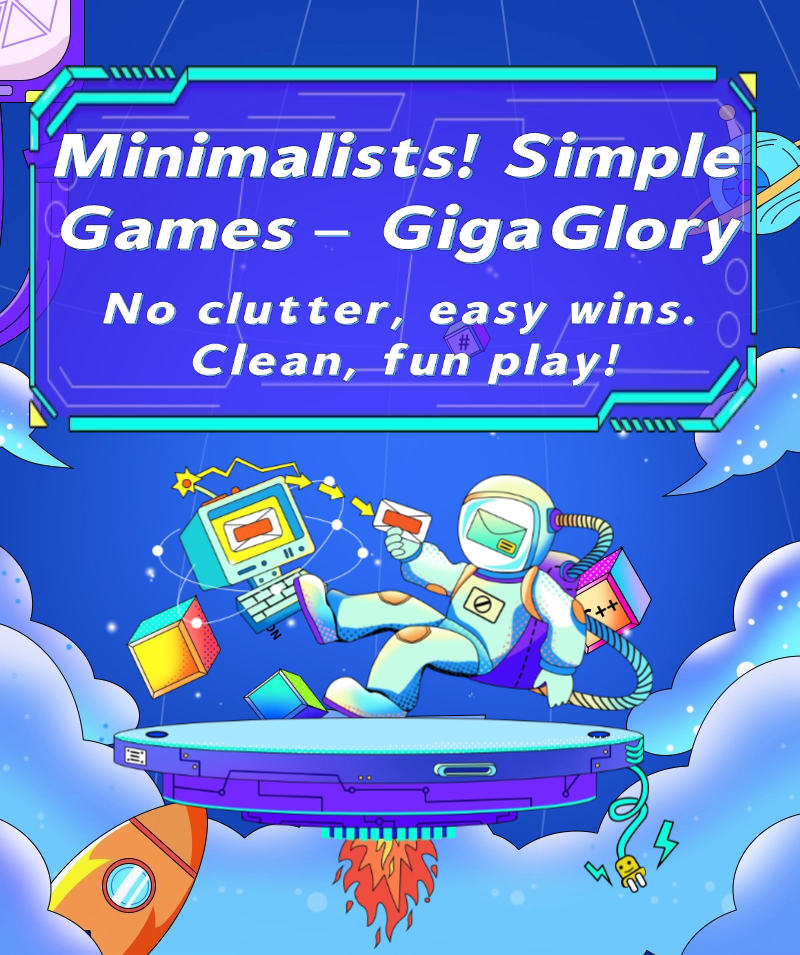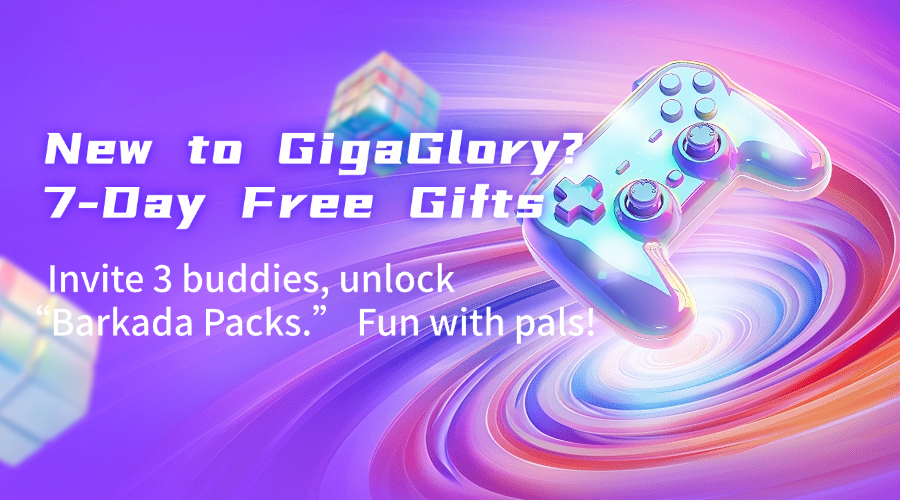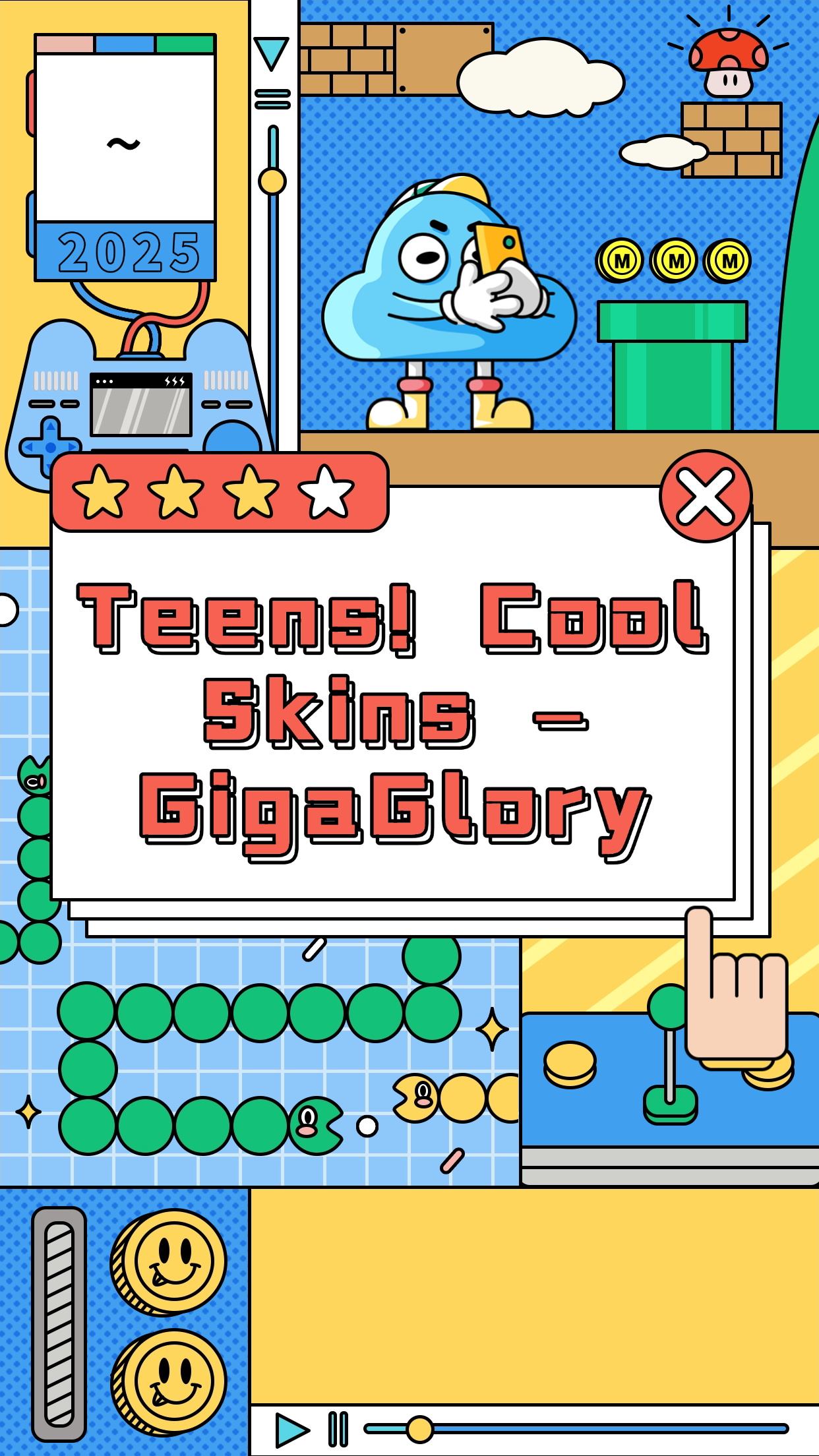Exploring the Thrilling World of MMORPG Games: What Makes Them So Addictive?
MMORPGs (Massively Multiplayer Online Role-Playing Games) have taken the gaming world by storm, captivating millions of players across the globe. But what exactly makes these games so irresistibly addictive? Join me as we dive deep into the vibrant universe of MMORPGs and discover the key elements that keep players glued to their screens.
The Essence of MMORPGs
MMORPGs are not just games; they are entire worlds filled with intricate stories, expansive landscapes, and diverse characters. Players create avatars, embark on epic quests, and engage with others in real-time. It's a beautiful blend of fantasy and reality. Each game offers a unique experience, drawing players in with its enchanting lore and dynamic gameplay.
A Rich Tapestry of Storytelling
Unlike traditional games, where narratives often take a backseat, MMORPGs prioritize storytelling. The deep, often complex plots involving heroism, betrayal, and the classic battle between good and evil resonate with players. These engaging narratives allow individuals to immerse themselves completely, opening the door to emotional investment.
Social Interaction: Building Communities
One of the most significant aspects of MMORPGs is their focus on community. Players team up to tackle challenges, trade items, or simply hang out in virtual spaces. This social interplay fosters friendships that can translate into real-life connections. Looking at games like World of Warcraft, you can see large guilds that not only quest together but also engage in social events, uniting diverse individuals from all walks of life.
Player Agency: Crafting Your Journey
In MMORPGs, players often have a sense of agency that drives their choices. You can align with different factions, choose your storyline, and impact the game world based on your decisions. This autonomy is incredibly empowering and can lead to various outcomes, creating a more personalized gaming experience.
Character Customization: Personal Expression
The ability to customize your character is another appealing aspect of MMORPGs. Whether you're crafting a fierce warrior, a stealthy rogue, or a powerful mage, players can express themselves creatively. This personalization fosters a deeper connection to the game and makes players feel more invested.
The Allure of Progression: Leveling Up
The leveling system is a core component of MMORPGs. Players gain experience points (XP) through various activities, allowing their characters to grow stronger and gain new skills. This sense of progression is addictive; each level reached feels like a significant achievement, motivating players to continue their journey.
Dynamic Worlds: Ever-Evolving Landscapes
MMORPGs are living worlds that change over time. Developers frequently update content, expanding storylines and introducing new challenges. This ensures that there is always something fresh to explore, keeping players engaged and curious.
The Thrill of Competition
PvP (Player vs. Player) combat is a staple in many MMORPGs. Engaging in battles against other players not only tests your skills but also heightens the sense of excitement. The competitive edge fuels motivation, with players striving to be the best in their class or guild.
Endgame Content: The Ultimate Challenge
Once players reach the maximum level, MMORPGs offer challenging endgame content. Raids, dungeons, and high-stakes PvP battles await those who seek to prove their prowess. This content is often the most rewarding, filled with rare loot and accolades, enticing players to continue their adventures.
Cross-Platform Play: A Game Changer
With the rise of next-gen consoles like the PS5, cross-platform capabilities have become a game-changer. Players can enjoy MMORPGs together regardless of the device they're on. This inclusivity widens the player base, promoting diverse interactions and connections across platforms.
In-game Economy: A Complex Marketplace
The in-game economy in MMORPGs can mirror real-life economic principles. Players trade, buy, and sell items, creating markets that fluctuate based on supply and demand. This aspect adds a strategic layer to gameplay, engaging players further.
The Psychological Hook: Dopamine and Addiction
From a psychological perspective, MMORPGs trigger dopamine release during gameplay. Every quest completed, every battle won, and every item acquired gives players a dopamine rush, causing them to chase that feeling repeatedly. This cycle of reward and expectation keeps players coming back for more.
Community Events and Updates
Developers often host community events that bring players together for collaborative challenges. These events create buzz and excitement within the community, enhancing engagement. Keeping players engaged through these events fosters a loyal and thriving player base.
Table of Key Features of MMORPGs
| Feature | Description |
|---|---|
| Storytelling | Complex narratives that engage players emotionally. |
| Social Interaction | Community building through teamwork and collaboration. |
| Player Agency | Empowering players to make meaningful choices. |
| Character Customization | Ability to personalize avatars for self-expression. |
| Progression | Motivating leveling system with significant rewards. |
| Dynamic Worlds | Regular updates that keep gameplay fresh and exciting. |
| PvP Competition | Intense battles that foster a competitive spirit. |
| Endgame Content | Challenging experiences for high-level players. |
Conclusion: The Enduring Appeal of MMORPGs
In conclusion, the appeal of MMORPGs lies in their ability to combine engaging storytelling, social interaction, personal agency, and strategic gameplay. They create immersive worlds where players can escape reality and forge meaningful connections. As technology continues to evolve, MMORPGs are likely to grow even more captivating, retaining their position as one of the most popular gaming genres. So, the next time you find yourself diving into the thrilling universe of an MMORPG, remember—you're part of something grand and exciting, a community that transcends physical boundaries.



